In just a few hours over the weekend, a veritable earthquake shook not only Silicon Valley but also global tech hubs. Leading corporations like Amazon, Microsoft and even Wall Street giants like JPMorgan issued emergency notices, requiring thousands of employees overseas to return to the US by midnight Sunday.
The reason comes from a surprise decree by President Donald Trump, which is to impose a fee of up to 100,000 USD for each application for a new H-1B visa, the most important passport for foreign experts and technology engineers in the US.
The initial confusion was inevitable. It was unclear whether the hefty fee would apply to those who already had visas. But even as the White House later clarified that the rule only applied to new applications, the profound implications for business, competition, and the global war for talent were beginning to become clear.
A direct blow to the "heart" of American businesses
The H-1B visa has long been the lifeblood of American innovation. The program allows companies to hire highly skilled workers, especially in the fields of science , technology, engineering and mathematics (STEM), where the supply of native-born workers is inadequate.
In the most recent fiscal year alone, Amazon and Microsoft were granted more than 15,000 H-1B visas. For them, this is not an option, but a requirement to maintain their leading position.
The $100,000 fee, according to Commerce Secretary Howard Lutnick, is designed to force tech companies to “stop training foreign workers” and instead “train recent graduates from elite universities here at home.” In theory, the goal of protecting American jobs is reasonable. But from a business perspective, the policy is creating huge barriers.
For Big Tech companies like Google, Meta, Apple, paying $100,000 for a top engineer may not be a huge financial issue. But it creates uncertainty and unnecessary costs, especially when they hire thousands of people every year.
Ironically, the move comes at a time when many of these companies’ executives have been working tirelessly to curry favor with the government, from attending events to making donations to pledging billions of dollars in investments in the United States. The new fee is a cold shower, suggesting that those efforts are not likely to yield the expected results.
However, the biggest losers are not the giants. Garry Tan, CEO of the prestigious startup incubator Y Combinator, has harshly criticized this decision as “cutting off startups’ legs.” For a startup that needs every penny of capital to develop its product, spending $100,000 to recruit a foreign talent is almost unthinkable.
“In the midst of the AI arms race, we’re telling innovators to go build elsewhere,” Tan said. This policy, instead of protecting American workers, is inadvertently suffocating America’s smallest and most promising companies, the ones that are expected to become the next Google or Amazon.
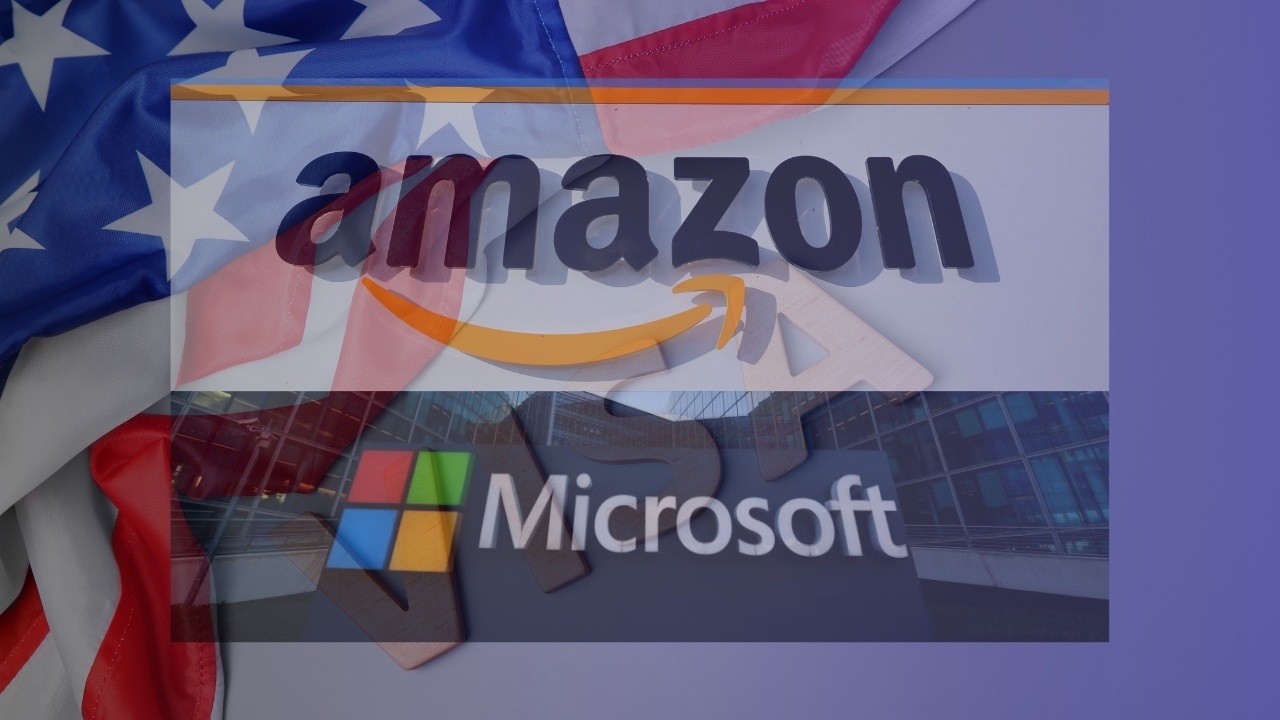
Amazon and Microsoft are said to have advised employees to stay in the US “for the foreseeable future” to avoid the risk of being denied entry (Photo: X).
The world opens "headhunting" festival
While American businesses are struggling to cope, the rest of the world seems to have seen a "godsend". Immediately, countries that are competitors of the US in the war to attract talent have seized the opportunity.
Goldy Hyder, president of the Business Council of Canada, made no bones about the fact that his country needs to “redouble its efforts to attract the skilled workforce we’re lacking.” From Vancouver to Toronto, Canadian tech hubs are rolling out the red carpet for talent pushed out by new U.S. policies.
Across the Atlantic, Europe is not left out. Adrien Nussenbaum, co-founder of French tech unicorn Mirakl, said this is “a huge opportunity for European tech.” By making the US less attractive, Trump’s policies are indirectly strengthening the continent’s global recruiting capabilities and its position as a hub for innovation.
India, which accounts for three-quarters of the H-1B visas issued each year, is feeling the economic and human impact the most. India’s Ministry of External Affairs has expressed concern about the “humanitarian implications” for families affected. But more fundamentally, the policy risks disrupting the two-way flow of talent that has “contributed enormously to technological development, innovation, and wealth creation in both the United States and India.”
In addition, the US scientific research sector is also at risk of loss. David Ho, a climate scientist, warned that many scholars come to the US on H-1B visas. Erecting this financial barrier will "further destroy the US science system", weakening the country's core competitiveness.
While the $100,000 shock has sparked a backlash, it would be remiss not to acknowledge that the H-1B program has long been controversial. Critics say it has been abused. Instead of simply filling positions where there are shortages of native workers, many companies have “deliberately exploited” the program to replace American employees with cheaper foreign workers.
Commerce Secretary Howard Lutnick, in explaining the order, called the H-1B the “most abused” visa. “The idea is that big tech companies will no longer train foreign workers,” he argued. “If they want to train, they will train recent graduates from prestigious universities here in the United States.”
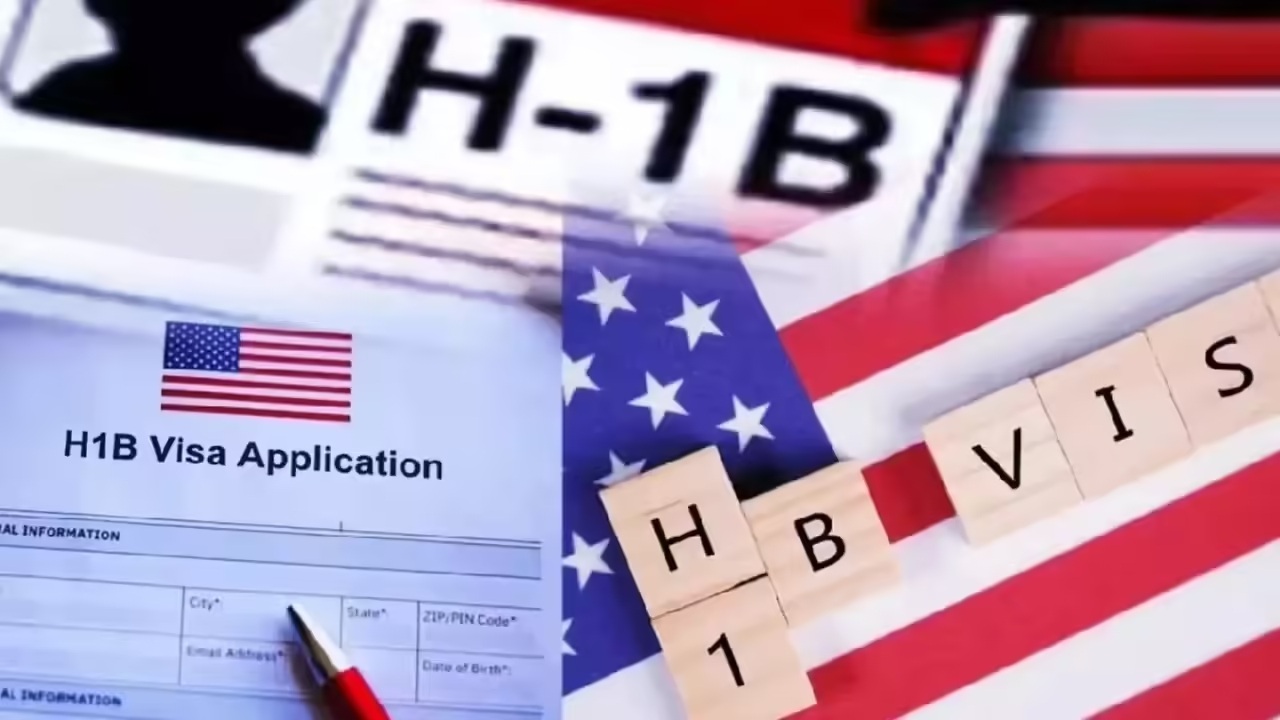
Trump's shocking executive order imposing a $100,000 H-1B visa fee is not only a blow to Silicon Valley but also creates a global talent shift (Photo: ET).
High-profile cases in the past, such as when hundreds of tech workers at Walt Disney World were laid off and forced to train the H-1B workers who would replace them, have shown that concerns about abuse of the program are well-founded.
By law, companies must prove they can’t find suitable American workers and pay H-1B workers the same as their local counterparts. But in practice, the “prevailing wage” definition is riddled with loopholes, allowing some businesses to pay significantly lower wages than the local median.
Source: https://dantri.com.vn/kinh-doanh/cu-soc-visa-h-1b-100000-usd-big-tech-my-khon-don-the-gioi-mung-tham-20250922105605177.htm



![[Photo] General Secretary To Lam receives US Ambassador to Vietnam Marc Knapper](https://vphoto.vietnam.vn/thumb/1200x675/vietnam/resource/IMAGE/2025/9/29/c8fd0761aa184da7814aee57d87c49b3)

![[Photo] The 1st Congress of Phu Tho Provincial Party Committee, term 2025-2030](https://vphoto.vietnam.vn/thumb/1200x675/vietnam/resource/IMAGE/2025/9/30/1507da06216649bba8a1ce6251816820)
![[Photo] Solemn opening of the 12th Military Party Congress for the 2025-2030 term](https://vphoto.vietnam.vn/thumb/1200x675/vietnam/resource/IMAGE/2025/9/30/2cd383b3130d41a1a4b5ace0d5eb989d)
![[Photo] General Secretary To Lam, Secretary of the Central Military Commission attends the 12th Party Congress of the Army](https://vphoto.vietnam.vn/thumb/1200x675/vietnam/resource/IMAGE/2025/9/30/9b63aaa37ddb472ead84e3870a8ae825)

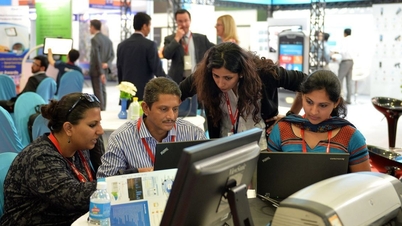

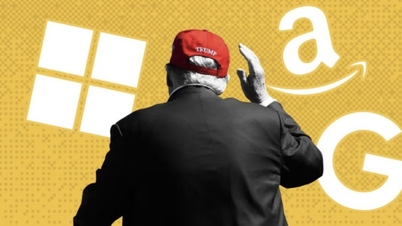







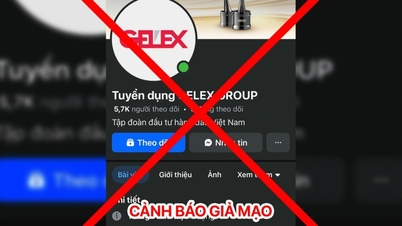
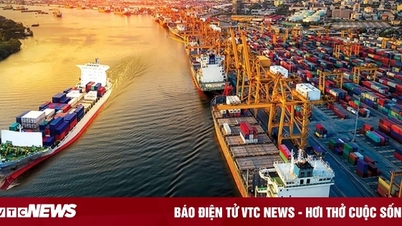

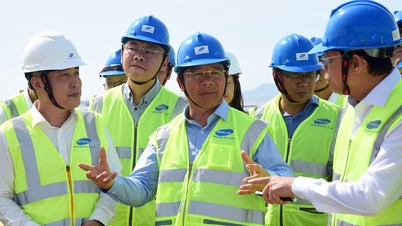






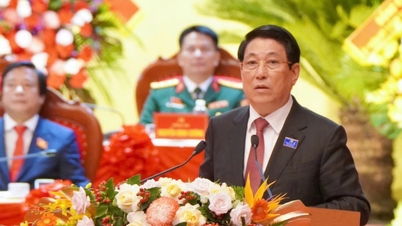
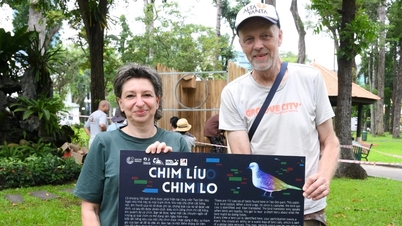


![[Photo] General Secretary To Lam attends the ceremony to celebrate the 80th anniversary of the post and telecommunications sector and the 66th anniversary of the science and technology sector.](https://vphoto.vietnam.vn/thumb/1200x675/vietnam/resource/IMAGE/2025/9/29/8e86b39b8fe44121a2b14a031f4cef46)



























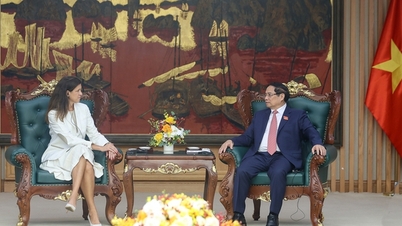

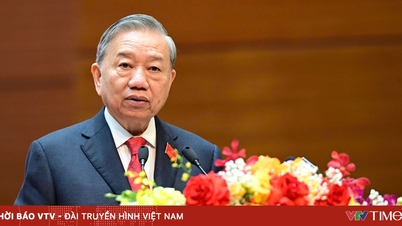

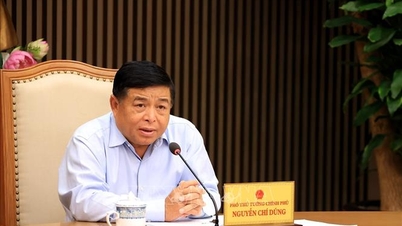

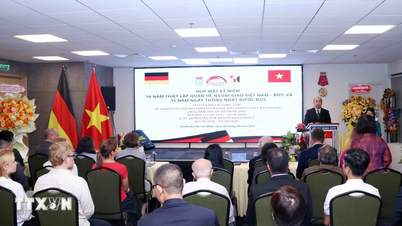
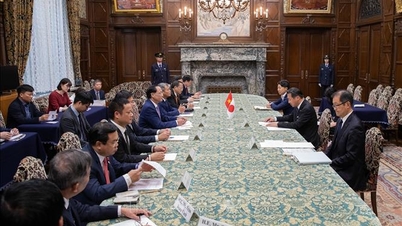


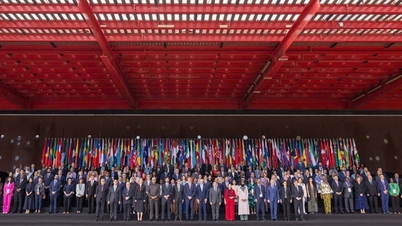
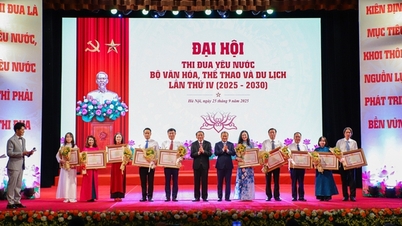




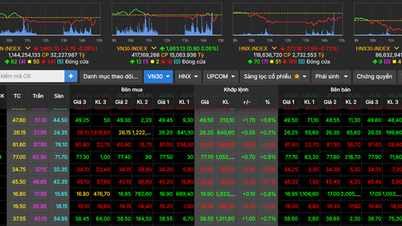



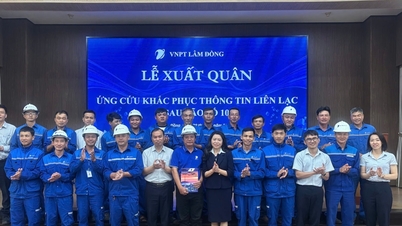



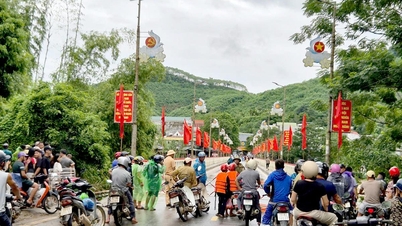

















Comment (0)